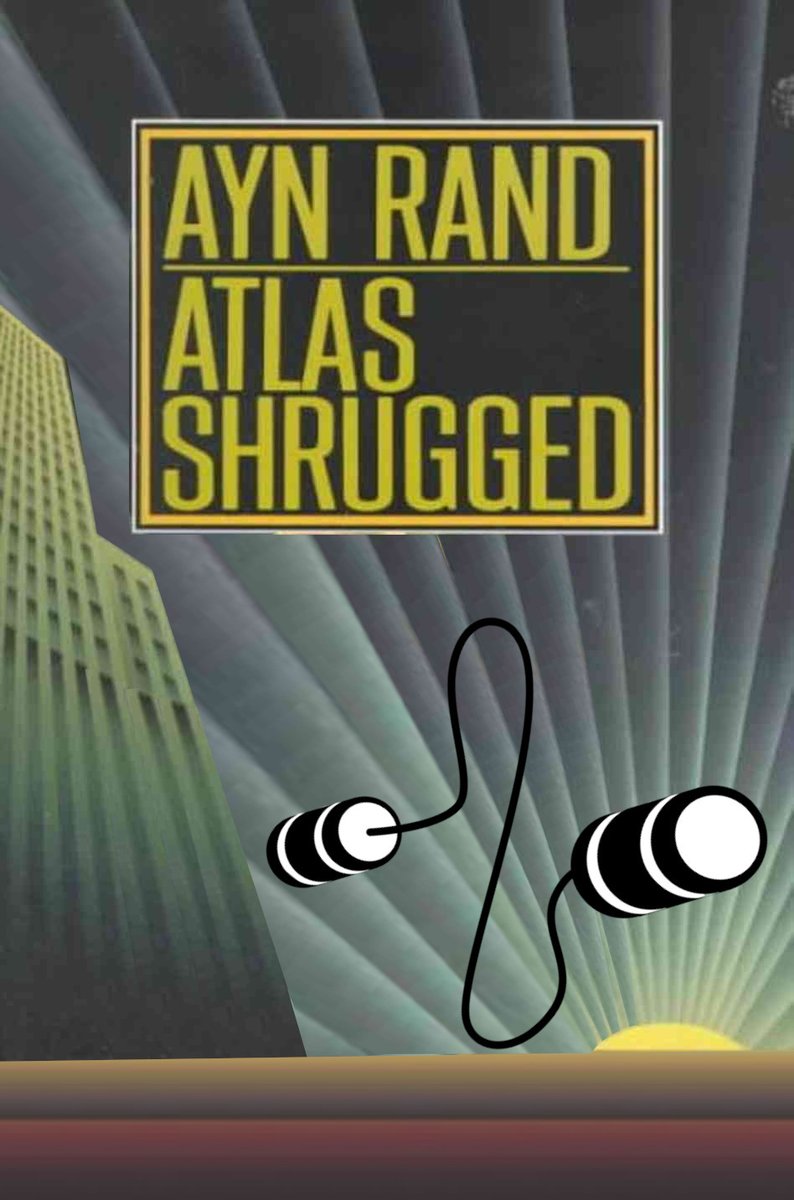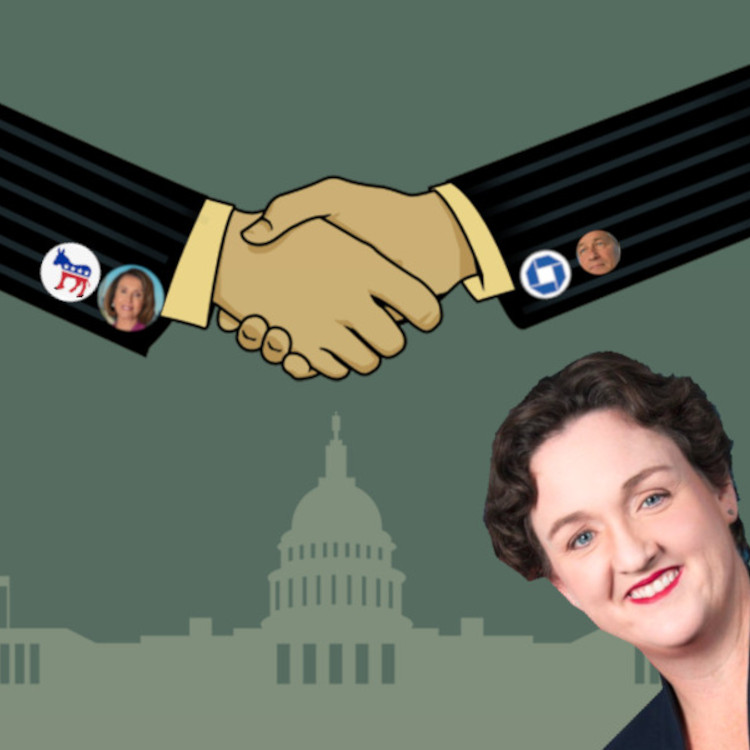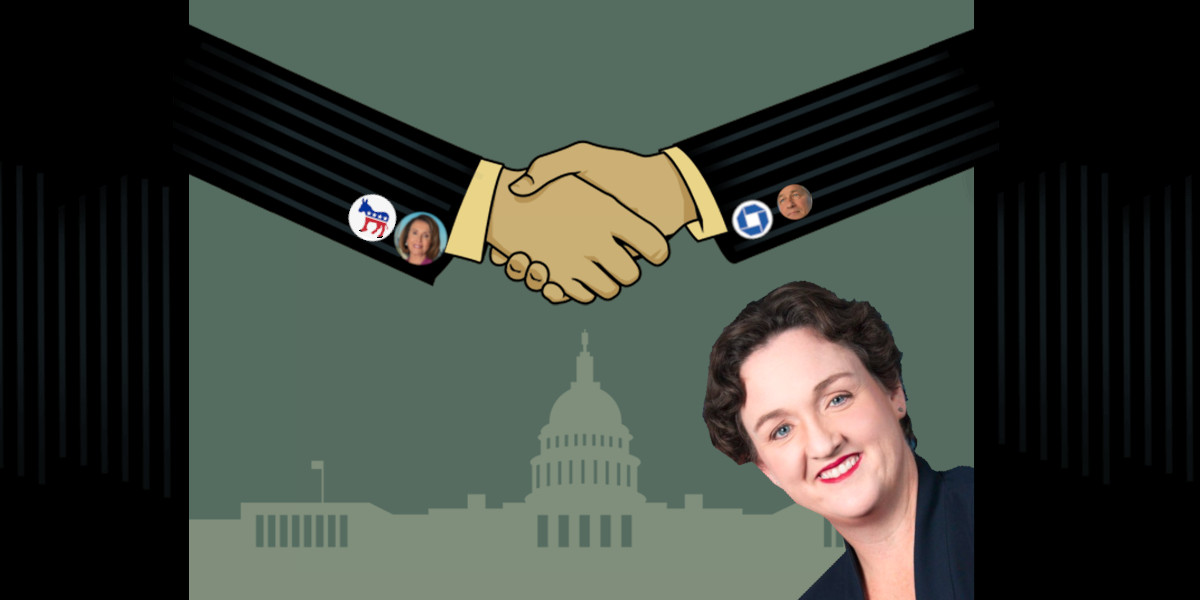
The early Disney company had several near-death experiences, some due to exogenous shocks and some self-inflicted (bad labor practices, weird technology choices), and all through it, a power struggle between "Roy people" (finance) and "Walt people" (tech/art).
1/
1/
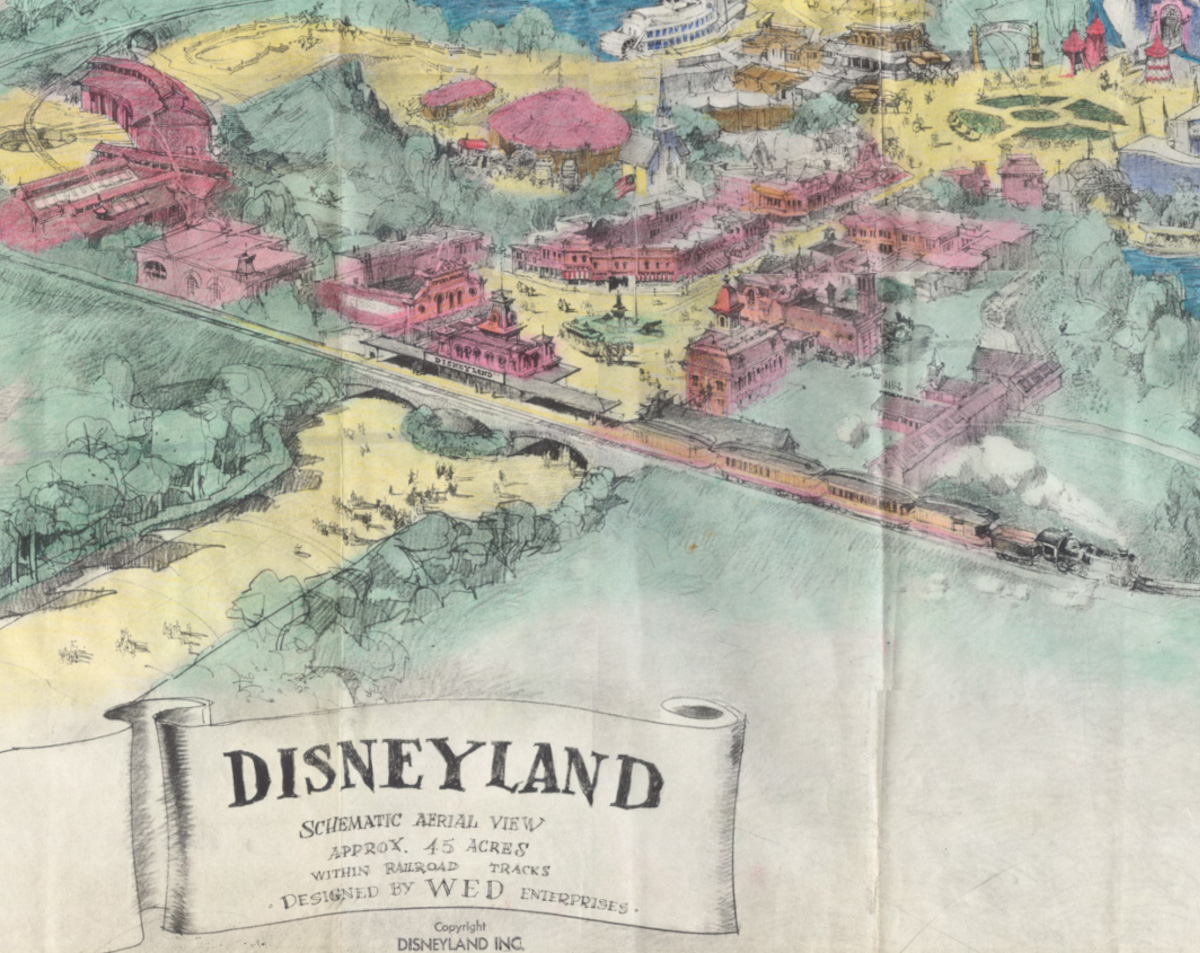
After WWII, the company was transformed, with Roy ascendant and financial discipline the order of the day. Walt - who struggled with depression - sought desperately for an escape from the company.
2/
2/
He came up with plans to outfit a train with traveling exhibits that he would drive around the country, putting thousands of miles between him and his brother.
3/
3/
Another plan called for Walt to build an ambitious model train system and transform his role in the company to showing people around his trains.
4/
4/
In 1953, Walt came up with the plan that stuck: a park called "Disneyland" that would be his own fiefdom, a commercial project that would justify the kinds of R&D and experimentation that Walt doted on and Roy looked on as high-risk, potentially ruinous follies.
5/
5/
There was only one problem: Roy wouldn't authorize the company to bankroll it, so Walt had to fly to New York (far from his brother) to court the Wall Street banks and ask them to foot the bill.
6/
6/
Walt worked with legendary artist Herb Ryman to create an eight-page prospectus with a gorgeous painting to accompany it, and had three copies typed up in the Disney company steno pool and he flew to New York with them.
7/
7/
Only one copy of that prospectus exists today. In 2013, it changed hands at auction, with the winning bid going to noted asshole Glenn Beck, who offered no plans to allow study or exhibition of it.
8/
8/
During that process, I came into possession of a high-resolution scan of that document. I made sure that the Imagineering archivist got a copy - they'd never seen it before - and deposited a long-term public archival copy with the @internetarchive.
memex.craphound.com/2014/05/20/dis…
9/
memex.craphound.com/2014/05/20/dis…
9/
It's a strange and curious document, but one striking feature is that it conceptualizes Disneyland as a place you might go to not to ride any rides, but just to walk around and enjoy yourself, soaking in the atmosphere (and buy a tropical bird or fish) (no, really).
10/
10/
Reading that, I thought of Walt, with his anxieties and his fraught relationship with his workers and brother, the factionalism that divided his company and his longing for escape, and that iconic photo of Walt strolling through an empty castle, looking perfectly at peace.
11/
11/
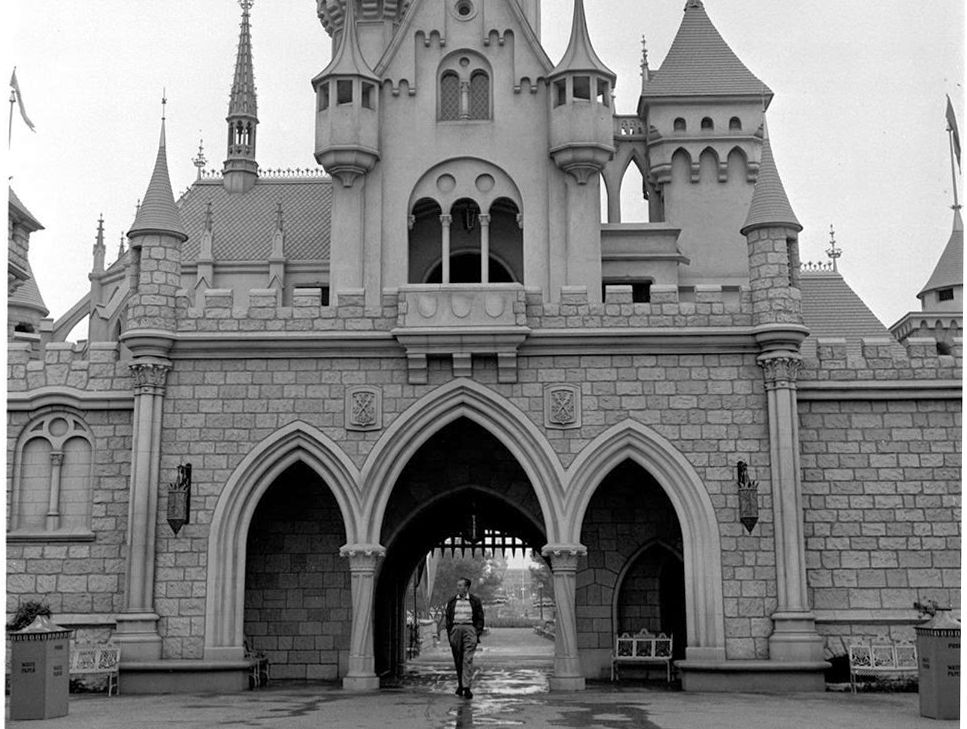
From 1955-1982, Disneyland operated on a ticket system. You paid a low price for admission, and then paid for each ride using ticketbooks that rated the rides from A (boring) to E (main attraction) (the system ended due to competition from nearby Knott's Berry Farm).
12/
12/
That low-priced admission ticket meant that locals could easily afford to slip away to Disneyland, stroll the park, maybe buy some junk food or watch a parade, and go home again.
13/
13/
The advent of unlimited-ride admission created demand for annual passes, and discounts for kids and locals made DL into an after-school hangout. Early Disney message-boards raged with arguments over the Orange County goths who hung around Tomorrowland, smoking and glowering.
14/
14/
Annual passes grew and grew. When I first moved to LA in 2006 for a Fulbright chair at USC, I used to teach my classes then drive to Disneyland with my cheap LA resident's pass. I'd park, get a Fastpass for Space Mountain, ride the Haunted Mansion.
15/
15/
Then I'd write part of the novel I was working on in a quiet bench in New Orleans Square, ride Space Mountain once my Fastpass ripened, then I'd go home for dinner.
Annual Passes grew too successful, selling so well they crowded out vacationers on a once-in-a-lifetime trip.
16/
Annual Passes grew too successful, selling so well they crowded out vacationers on a once-in-a-lifetime trip.
16/
A series of price-hikes did not dampen Annual Pass sales. While repeated doublings of the price raised a lot of revenue, it also created a large cohort of troublesome customers who felt all that money entitled them to white-glove treatment.
17/
17/
Then came a suite of baroque tiers and restrictions on passes, with blackout dates - which made people entitled, confused and cranky.
Then came the pandemic...and the end of the Annual Pass program altogether.
micechat.com/279966-breakin…
18/
Then came the pandemic...and the end of the Annual Pass program altogether.
micechat.com/279966-breakin…
18/
There's lots of reasons that killing the Annual Pass makes sense, but one that's not immediately obvious is that DL is a "happy place" for a lot of people who struggle with the world, like Walt did. Most of us just find a moment of peace in a quiet corner of the park.
19/
19/
But some people exhibit pathological behavior. One family sewed their own Disneyland employee costumes and tried to entrap a ride attendant into an arranged marriage with their daughter!
Most of the problems generated by Annual Passholders aren't that extreme, of course.
20/
Most of the problems generated by Annual Passholders aren't that extreme, of course.
20/
But even the smaller problems grow in significance by dint of repetition: the mildly troublesome customer who comes EVERY DAY and makes trouble can quickly grow more than mildly troublesome.
21/
21/
I understand the logic of killing the passes. But I can't help think of Walt, wanting an escape from a bad situation that he'd made worse through his own screw-ups, and then, incredibly, actually pulling it off.
22/
22/
A lot of us have been missing our various happy places since the lockdown, and Disney doubtless anticipates a massive rush when the vaccines have been distributed (they are tapped to be Southern California's largest distribution site).
23/
23/
It feels like someone at Disney thought about just how intense and freaked out some of those returning Annual Passholders were likely to be and decided that the costs (for employees and other visitors) of coping with that outweighed the benefits.
eof/
eof/
ETA: if you'd like a blog version of this without surveillance, tracking or ads, here you go: pluralistic.net/2021/01/15/hoo…
• • •
Missing some Tweet in this thread? You can try to
force a refresh










